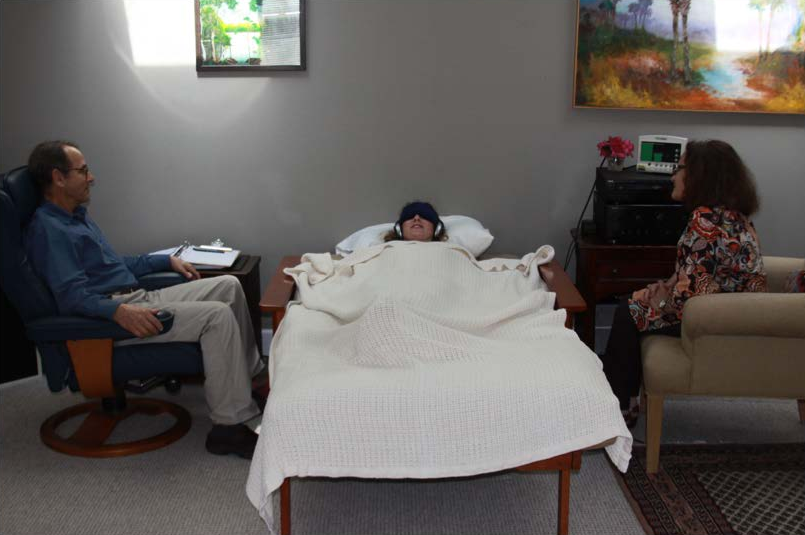In a mouse study, researchers found that the psychedelics LSD and psilocybin bind to the same neuroreceptor as clinically prescribed antidepressants like SSRIs, only they do so with much greater effect.
In particular, the recent study showed that lysergic acid diethylamide (LSD) and psilocin (the metabolite of psilocybin) directly bind to such receptors with affinities 1,000-fold higher than those for other antidepressants.
Rates of depression are climbing fast in many Western countries, and new meta-analyses showing the limited effectiveness of SSRIs have prompted some scientists to look for new alternatives.
Eero Castrén at the HiLIFE Neuroscience Center of the University of Helsinki and colleagues found that within neurons in a dish, LSD and psilocin bind strongly to the receptor TrkB (neurotrophic receptor tyrosine kinase). The same group has previously found that typical antidepressant drugs also bind to and act through the TrkB receptor, but much more weakly.
Binding to TrKB enhanced the effect of the protein called brain-derived neurotrophic factor (BDNF) on this receptor; this in turn resulted in an increase in connections between neurons, indicating neuroplasticity—one of the key factors in an SSRI’s ability to alleviate symptoms of depression.
On a side note, BDNF is activated through several normal activities like exercise and exposure to intense heat and cold and has a large variety of neuro-therapeutic effects that go beyond the simple elevation of mood.
Mystical experiences induced by psychedelics have been associated with their clinical efficacy. However, the hallucinogenic effects of psychedelics limit their widespread clinical application because of the poorly-understood risk of psychosis in individuals with underlying mental triggers. As a result, their administration in medicine is restricted to clinical settings that involve intensive monitoring.
Castrén and his colleagues believe that their study opens the doors to the activation of BDNF through the TrkB receptor but without the hallucinogenic properties of these drugs, in theory creating an antidepressant orders of magnitude more effective than existing products. WaL
PICTURED ABOVE: A picture of MDMA-assisted psychotherapy in progress at MAPS’ Charleston Treatment Center. PC: MAPS.org.
If you think the stories you’ve just read were worth a few dollars, consider donating here to our modest $500-a-year administration costs.



